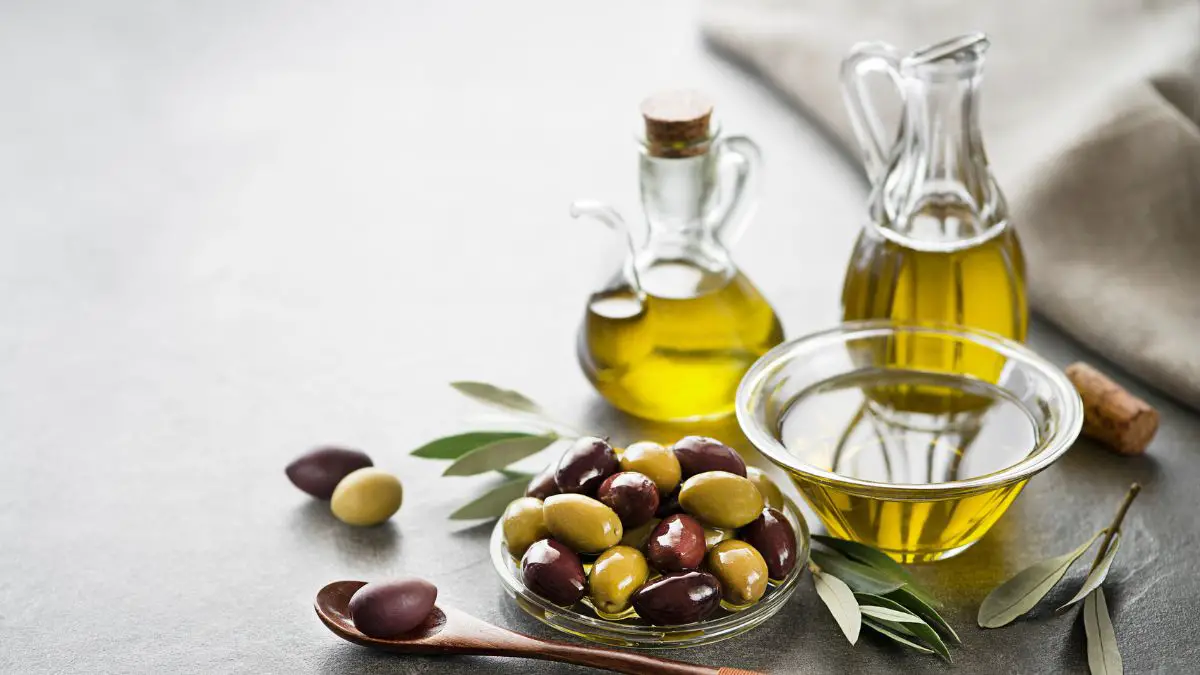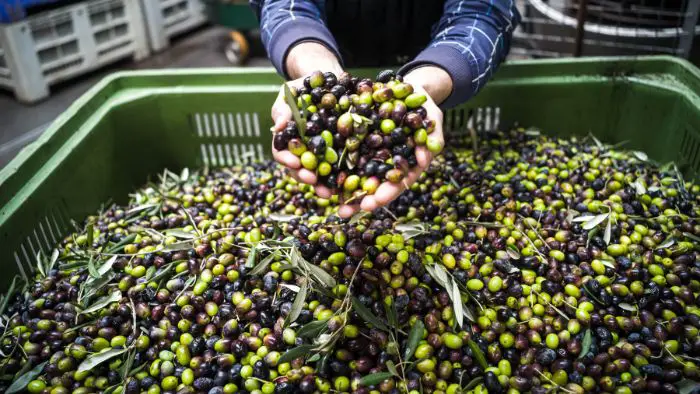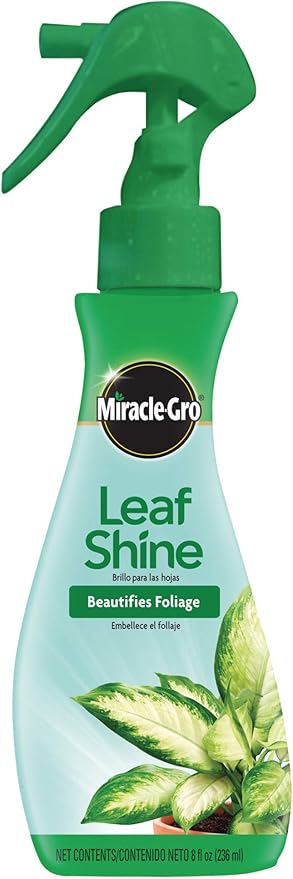Last Updated on November 11, 2022 by Guillermina
Is olive oil good for plants? There are many interesting home remedies that are proposed on the internet. Using olive oil to make plant leaves shine is one such suggestion. Let’s unpack this suggestion and see if it makes any sense, and if it is something you should use in your garden.
Firstly, What Is In Olive Oil?
Olive oil is a triglyceride oil – this means you have a glycerine molecule, which is an alcohol, (glycerOL) and onto each alcohol group (glycerol has three versus one for ethanol the alcohol we drink) there is attached a fatty acid molecule. The most common of these fatty acid molecules is oleic acid. It has 18 carbon molecules in it, making it a moderately long fatty acid. This means that olive oil is quite greasy in nature and forms a thick oily layer on your skin – or leaf.
Close to 90% of the fats in olive oil are in fact unsaturated. This means that olive oil will go rancid when in contact with air, water – and certain metal ions. Rancid fats form varnish-like layers, and are sticky and smell bad.
Is Olive Oil Good For Plants?
This would generally probably be a question about using it to make leaves shine. Naturally, it has no place in the soil. Olive oil is a poor choice of oil to apply to leaves as it will rapidly go rancid and will leave a sticky layer of mess on the leaves that will attract dust, and make the plant look worse than it did to start with.
If you were to apply an oil to plant leaves, it would make sense to use a saturated fat that will not undergo these reactions, such as coconut oil. However, any oil added to a plant leaf will clog the stomata in the leaves and cause general negative effects for your plant.
What Oil Can I Rub On My Plants?
I would caution against rubbing oils on your plants. Plants have a waxy cuticle, that is there specifically to protect the plant. Rubbing oils and similar substances onto the leaves can destabilize this waxy cuticle making your plant die, or become unhealthy and develop spots.
There are many specially formulated products available that enhance leaf shine. This product is specifically formulated for fiddle figs. This product is a more general-purpose product aimed at most plants – and again it boasts it does not clog the stomata (pores) in the leaves.
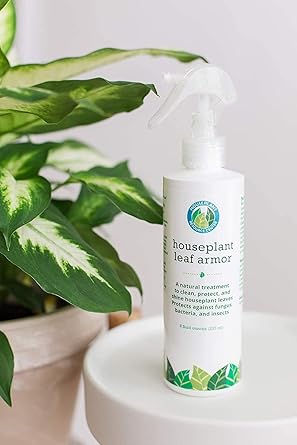
What Happens If You Water A Plant With Oil?
This will depend on how much oil you put on the plant. Oil and water do not mix. Plants absorb water. Hence if you pour oil on soil, you will make it very difficult for water to enter the soil – this is bad for plants that require water.
Secondly, the oil will inhibit the absorption of nutrients into the roots – plants absorb nutrients dissolved in water. This means the plant will be very stressed.
If you water your plant with oil, it will either damage the plant or kill it! Better to not do this.
Is Oil Harmful To Plants?
Generally, it is. It damages the soil, and if applied to the leaves it smothers them. If you imagine how we work as humans, we breathe air in through our nose and mouth and then absorb the oxygen from it in our lungs and return carbon dioxide produced in our body to the atmosphere when we breathe out. Plants do not have lungs – they have stomata – pores in their leaves – these pores allow them to bring carbon dioxide into their leaves and breathe oxygen out. They are the reverse of us.
If you fill your lungs with oil, you will die. If you cover a plant with oil, it has a similar effect. Hence it is better to avoid doing either of these things.
A Few Places Where Oil Can Be Used With Caution
There have been a few occasions where I have used a mixture of 1 teaspoon of olive oil mixed into a quart of water. To this, I added a few drops of dishwashing liquid and shook it up. This can be sprayed onto irritating pests such as whiteflies and aphids. If you leave it on the pest for a day and then hose the residue off the plant it normally causes less damage to the plant than the whiteflies and aphids will.
This method works just as well with light mineral oil such as baby oil. In fact, I have found light mineral oils seem to work a bit better.
In Conclusion – Is Olive Oil Good For Plants?
Is olive oil good for plants? In general no. Most oils are in fact not good for plants. They will clog the pores (stomata) in plant leaves, causing the leaves to suffocate. This will cause necrotic spots (dead patches) in the leaves. The oil can destabilize the cuticle of the plant – this is a waxy layer that protects the plant against dehydration. This in turn will cause the plant leaf to wither and die.
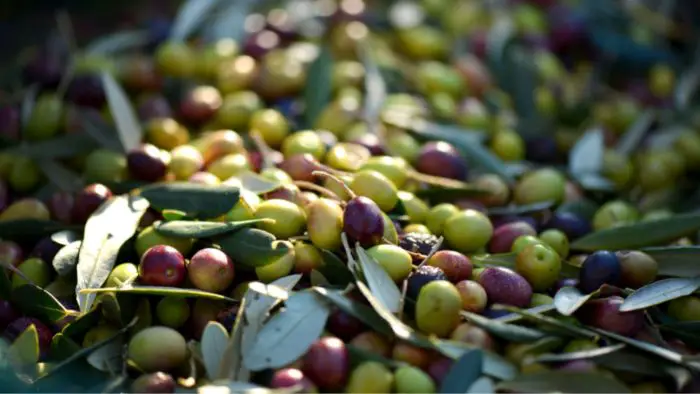
I would strongly advise against using oil to make plant leaves shine. Rather buy a purpose-formulated product, that says it allows leaves to breathe. This will ensure that you do not disappoint yourself by killing or maiming the leaves on your plant. A fiddle fig leaf for example can stay on the plant for a few years – if you damage the leaf and give it black spots it means you will have an ugly-looking plant for a number of years! This is not ideal and should be avoided.
If your plants are looking dusty, my favorite way of bringing out a shine in them is just to leave them out in the rain. If you cannot do that, you can always place them in the shower and give them a (cold) shower. Depending on how much salt is in your water, this should give you nice shiny leaves. If you have salty water, it can leave white streaks on the leaves – in this case, use some rainwater on a cloth to wipe the salts off the leaves.
Dr. Garth A. Cambray is a Canadian/South African entrepreneur and beekeeper with 28 years of experience in apiculture and specializes in adding value to honey. His Ph.D. research developed a new advanced continuous fermentation method for making mead that has resulted in a number of companies globally being able to access markets for mead. His company, Makana Meadery, exports honey mead to the USA where it is available to discerning connoisseurs. He has also developed technologies to commercially manufacture organic honey vinegar in Zambia for export globally. He holds a few patents globally in the ethanol industry and believes in technology and knowledge transfer for human development and environmental sustainability. One of his proudest achievements is the fact that the wind farm he started at one of his old apiary sites has essentially made his hometown carbon neutral.

